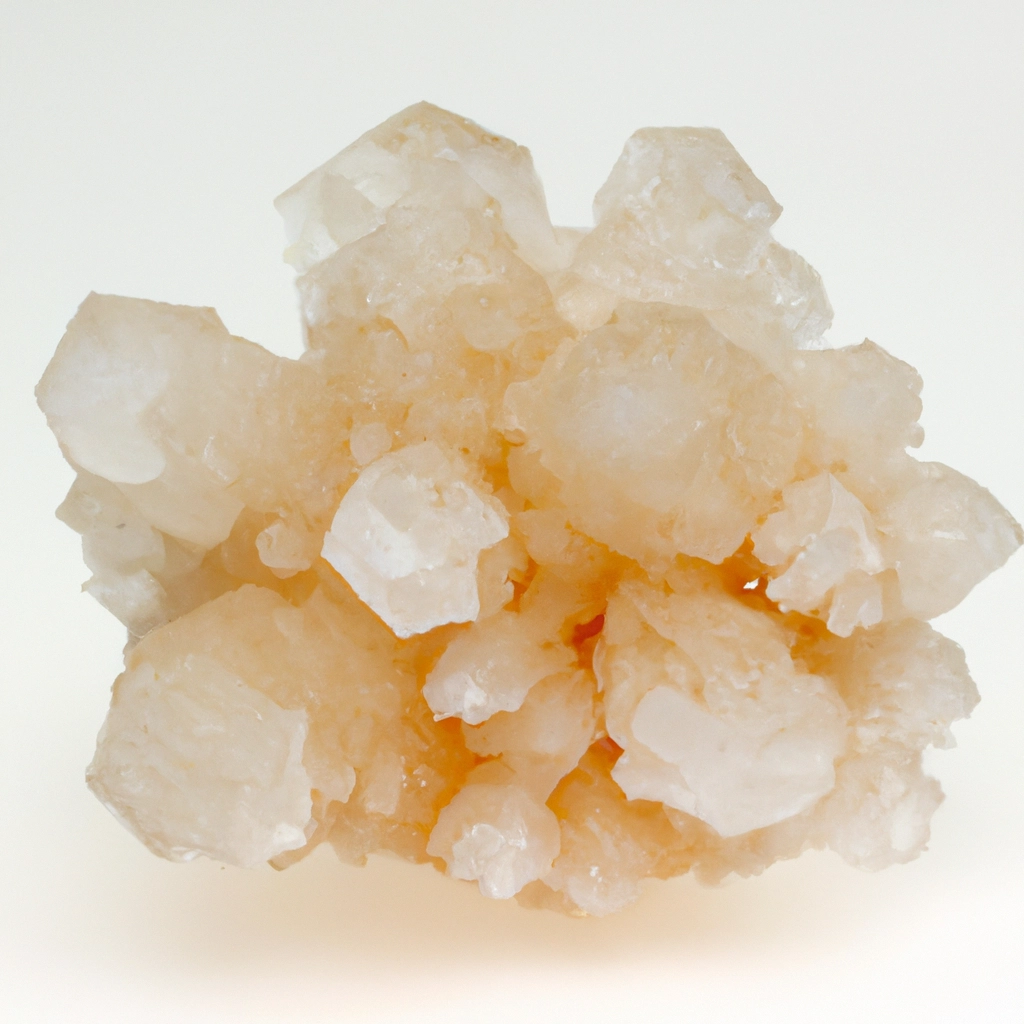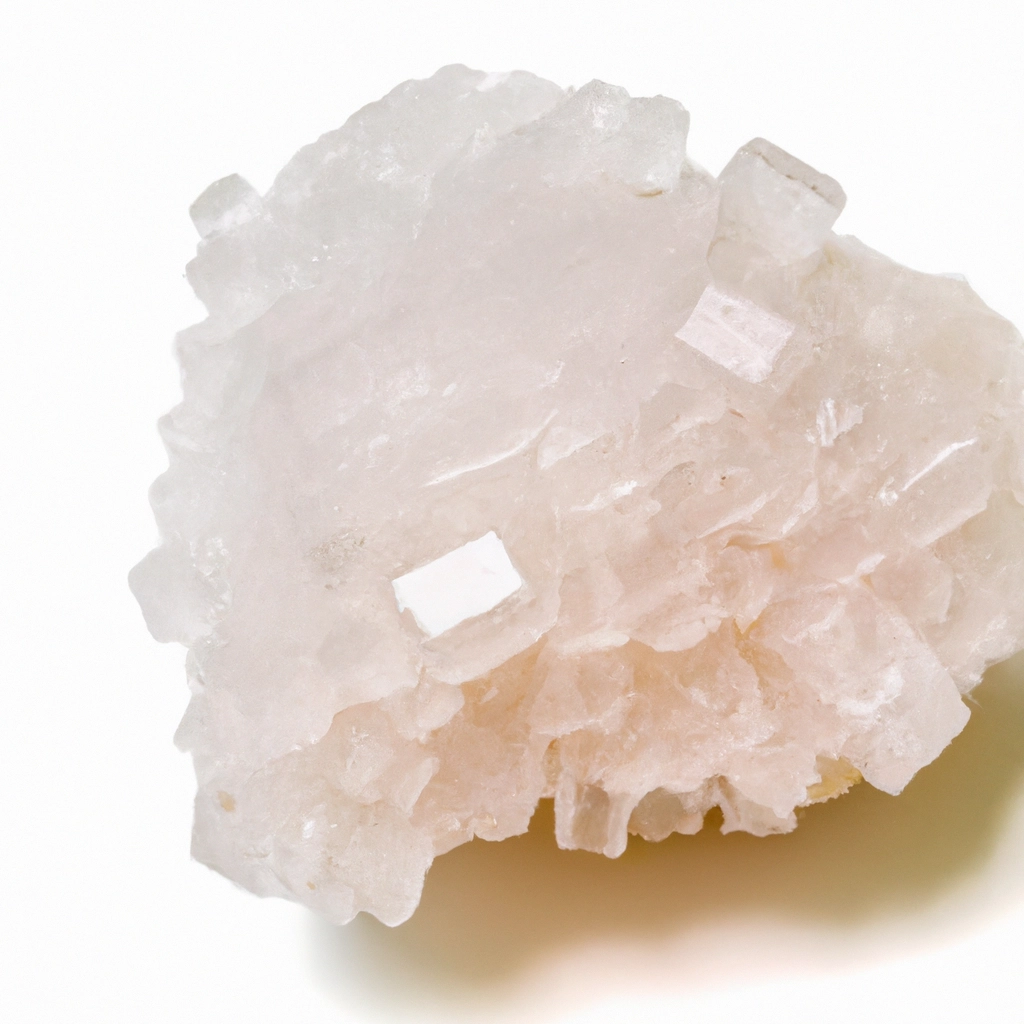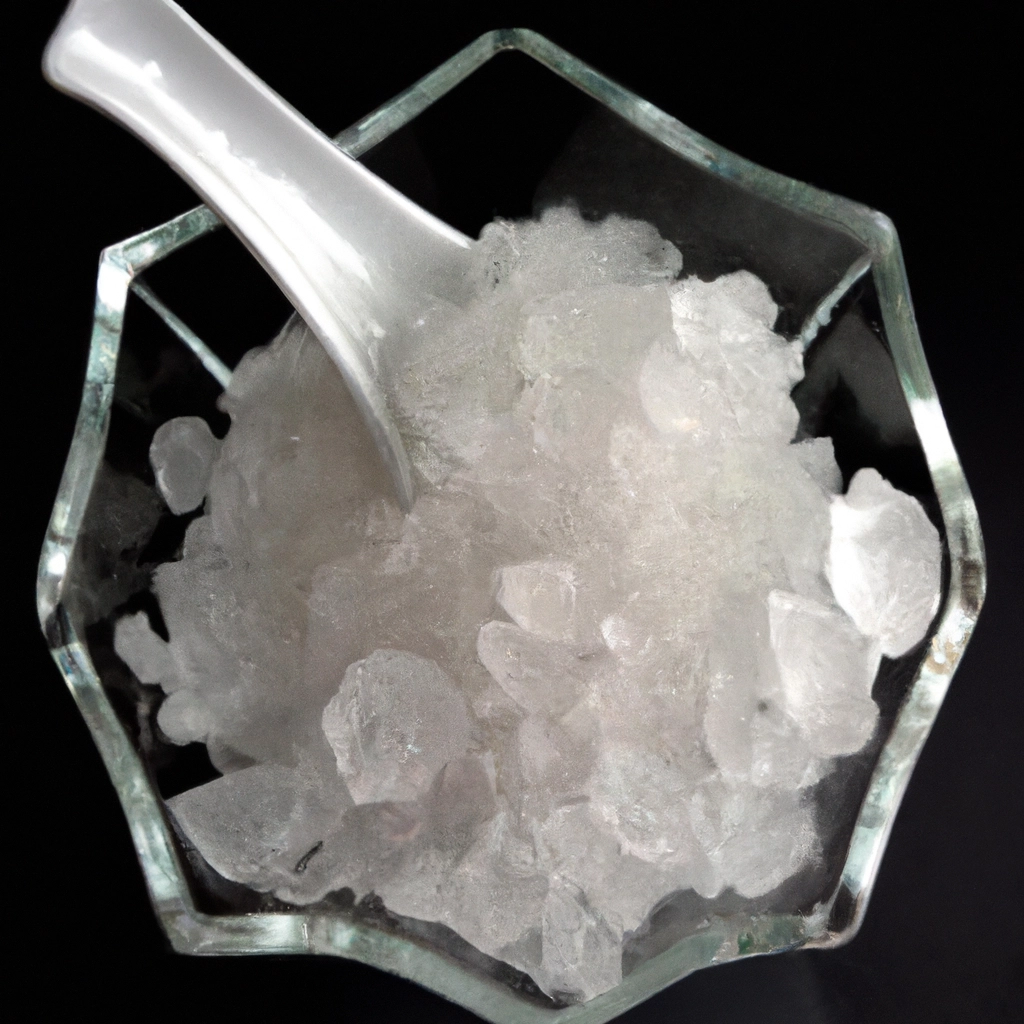| Quartz Cleaning Method | Effectiveness |
|---|---|
| Vinegar and Water Solution | Mildly effective for light cleaning, but may not remove tough stains or build-up. |
| Commercial Quartz Cleaner | Effective for removing tough stains and build-up without damaging the quartz. |
| Warm Soapy Water | Effective for general cleaning, but may not remove stubborn stains. |
| Isopropyl Alcohol | Effective for removing grease and oil-based stains, but may not work well on other types of stains. |
| Baking Soda and Water Paste | Effective for scrubbing and removing tough stains, but may require more effort. |
Welcome to the world of gleaming quartz, the darling of home decor enthusiasts and jewelry lovers alike! Quartz has this uncanny ability to hold a room’s attention or to be the silent star of your outfit – yet, this beauty requires a certain level of finesse to maintain. In my own crusade against the smudges and stains that life throws at our beloved quartz surfaces, I stumbled upon the humble kitchen staple – vinegar. It’s a liquid legend that can tackle a legion of cleaning battles, but the question that many quartz admirers like myself face is whether this versatile cleaner can befriend our quartz treasures.
Imagine, there I was, armed with my usual array of cleaning products when I paused. It occurred to me; if vinegar could refresh my windows to a shimmering transparency, could it do the same for my quartz countertops without them throwing a fit? That’s when the journey of discovery began, leading me down the path to demystify the perfect cleaning ritual for our quartz companions.
Understanding Quartz
For those new to the quartz fan club, let me paint you a picture of this rock star. Quartz is not just a pretty face; it’s a hard mineral that moonlights as an interior design element and a jewelry mainstay. Its high durability makes it a top pick for those high-traffic areas in the home. But let me be clear – durable doesn’t mean indestructible. Quartz has a kryptonite. It doesn’t really gel well with harsh chemicals, something I learned early on when a cleaner left a less-than-stellar impression on my kitchen island.
There I was, face to face with a cloudy patch that no amount of elbow grease could bid farewell. It was a hard lesson in quartz care – the surface was durable but demanded gentle, loving cleansers. This encounter led me down the rabbit hole to learn more about what constitutes an appropriate quartz cleaning agent.
Vinegar as a Cleaning Agent
Now let’s talk about vinegar, an age-old solution that’s been sprucing up homes long before I began my cleaning escapades. Vinegar, with its mild acidity, is the cleaning wizard that has been hiding in plain sight. My first dance with vinegar was nothing short of magical. A dab here and a sprinkle there, and voila! The glass was gleaming, the tiles sparkling.
I ventured to try it on different surfaces, always amazed at its ability to lift stains and banish odours without leaving a trail of chemical residue. If vinegar could talk, it would probably say, “I can clean without the cloak-and-dagger toxins.” Indeed, I found it to be a trusty sidekick in cleaning up. Yet, the burning query remained – would my trusty vinegar charm those pristine quartz surfaces or would it be a match made in cleaning nightmares?
Pros and Cons of Using Vinegar on Quartz
When it comes to advantages, vinegar practically wrote the book on accessible cleaning. Its eco-friendly nature had me nodding in approval, and the cost-effectiveness had my wallet singing. It wasn’t just about being a gentle cleaner, it could also tackle hard water stains with grace – an absolute gem for quartz maintenance. I remember when I first decided to test out vinegar on a small, inconspicuous quartz corner. It was like watching a cloudy day turn sunny. It worked – but not without proper dilution and technique.
Still, it’s not all sunshine and rainbows; caution is the name of the game. Using vinegar on quartz is like teaching a cat to high-five – it’s possible, but you’ve gotta know the quirks. In my experience, pure vinegar can be too harsh, tarnishing quartz’s good looks. Therefore, a pitfall to avoid is using vinegar undiluted. A more diluted solution can be a safer bet, ensuring that you don’t accidentally etch your stone of wonders.
Step-by-Step Guide to Cleaning Quartz With Vinegar
Ready to dive into the nitty-gritty? Here’s the game plan that’s served me well over many cleaning forays: First and foremost, remember to treat your quartz like the royalty it is. A gentle touch and a loving approach will keep it in crown-worthy condition. Begin by mixing a balanced solution – I advise using one part vinegar to three parts water. This concoction is your secret weapon.
Apply it with a soft touch, using a microfiber cloth. Imagine you’re painting a masterpiece, not scrubbing away at a medieval coat of armor. And should you encounter a more rebellious stain, a soft-bristled brush can step in. But again, softness is key – no harshness should come to play. Rinse thoroughly with water, because residue, while sneaky, is not a souvenir you want to keep. Did I mention a drying session with another cloth? Consider it the finishing touch to your sparkling, clean quartz. For more insights, you might want to explore other effective cleaning methods that keep quartz in prime condition.
In closing, let’s circle back to our titular inquiry – is vinegar a friend to quartz? The answer is a cautiously optimistic ‘yes’, provided you dance to the right tune. It’s been quite the journey discovering the dos and don’ts, but the results are worth the care. Sharing our stories is how we enrich this curious community of cleaners and quartz aficionados. So, if you’ve got tales of triumph or tidbits of advice, let’s hear them! After all, knowledge is most sparkly when shared.


